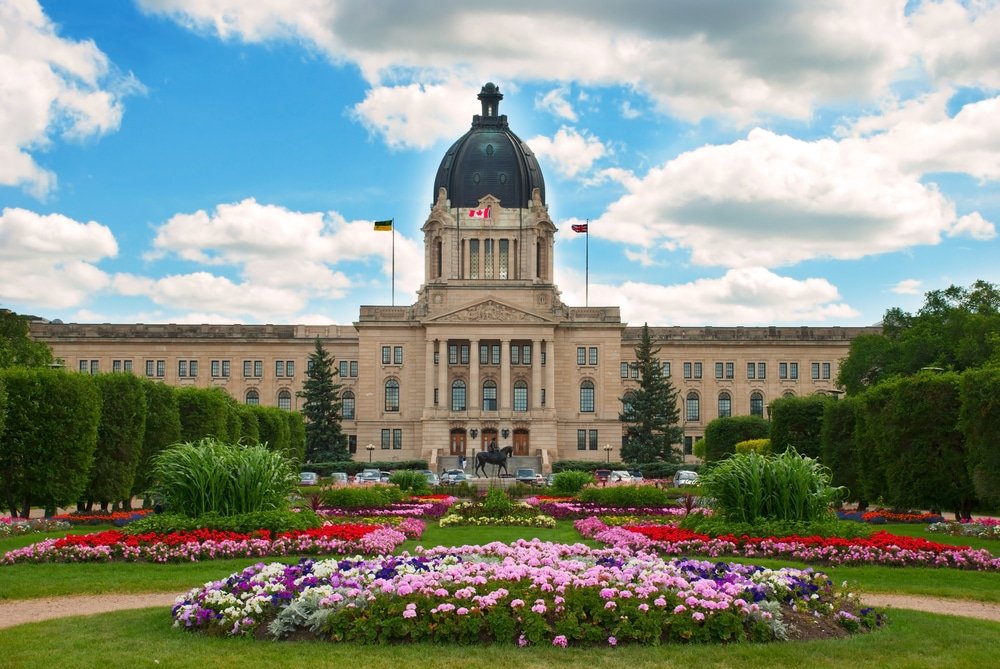Canada’s carbon pricing, approaching its fifth anniversary, has sparked intense debate and political strife, especially around the Conservative’s anti-carbon tax campaign.
Amidst the public discourse surrounding the cost of living and inflation, Prime Minister Justin Trudeau made adjustments to his climate policy. He excluded heating oil from carbon pricing for three years after mounting pressure from the East Coast and Atlantic caucus.
This change triggered immediate responses from various provinces and sectors. Saskatchewan’s Premier Scott Moe announced plans to halt collecting the carbon price for the federal government.
Likewise, the Northwest Territories sought full exemption from carbon pricing for their communities. On the other hand, First Nations in Ontario raised concerns about exclusion from the carbon price rebate program due to tax filing limitations on reserves.
The Impact of a Carbon Tax
Study shows a carbon tax results in a reduction in emissions, with some cases revealing more success than others.
The current carbon pricing in Canada includes consumer fuel charges with accompanying rebates to offset expenses and encourage emission reduction. But Canada’s carbon tax is a patchwork. Not all provinces adhered to it wherein some were resistant and others already had their policies in place.
More notably, a case study revealed that British Columbia’s carbon tax has reduced emissions by between 5% and 15%. Implemented over 15 years ago, BC’s carbon tax was the first in North America.
British Columbia’s carbon tax started at $10/tonne of CO2 emissions and increased by $5 a year until it hit $50 in 2021. The carbon pricing covered about 70% of the province’s GHG emissions.
However, small businesses bear the brunt of the costs without receiving rebates, which could lead to international repercussions and affect Canada’s export competitiveness.
The ongoing debate over carbon pricing has made it challenging to predict policy consistency, which impacts businesses’ climate plans.
Regardless of political decisions, businesses are committed to their climate goals, adapting strategies to remain competitive while prioritizing profitability. Saskatchewan responded differently to the case.
Provincial Responses and Policy Clash
The Saskatchewan government announced that its natural gas utility will stop charging the carbon levy from residential customers beginning Monday. This decision follows Trudeau’s exemption of home heating oil users from paying the levy, primarily benefiting residents in Atlantic Canada.
Saskatchewan requested a similar exemption for all other heating methods, but Ottawa declined. In response, the province declared it would cease collecting the charge at the beginning of 2024.
Dustin Duncan, responsible for SaskEnergy, highlighted that the levy is due to be paid by the end of February. Failure to remit this amount could result in federal penalties for SaskEnergy executives, as per federal law. To protect these executives, Saskatchewan passed legislation shifting the responsibility to the province.
Duncan mentioned SaskEnergy’s request for the federal government to unregister it as a natural gas distributor, preferring the province to hold this designation instead. The company awaits clarity on whether it will acknowledge this change before deciding in January about remittance.
Saskatchewan’s Strategy: Adaptation and Investment
While Saskatchewan is discontinuing the carbon levy for electricity heating users, they don’t anticipate legal issues due to their control over the levy concerning SaskPower. SaskPower will channel the funds that would have been collected as levies into an investment fund. This move is expected to cost the company over $3 million this year.
Saskatchewan intends to use the funds generated from carbon tax for emissions-free electricity projects, including the potential implementation of a small modular nuclear reactor.
Additionally, levies from other high-emission industries will be directed to a separate technology fund for projects aimed at reducing, capturing, and sequestering emissions.
Despite losing its challenge against the carbon tax’s constitutionality in 2021, Saskatchewan continues to navigate its implementation. The goal is to seek exemptions and alternatives within federal carbon pricing regulations.
At the end of last year, Canada introduced two major moves to cut GHG emissions. One is to cap oil and gas emissions at 38% by 2030 based on 2019 levels.
The other one is to curb methane emissions from cattle burps. This initiative encourages changes in cattle diets, feed efficiency improvements, and strategies that lower methane release.
Canada’s carbon pricing policy has ignited a fierce debate, triggering varied responses from provinces and sectors. While adjustments have been made to exclude certain fuels from the levy, concerns linger over the impact on small businesses and indigenous communities. The ongoing discourse will continue into 2024, affecting policy predictability, and challenging businesses to adapt while maintaining climate goals.

